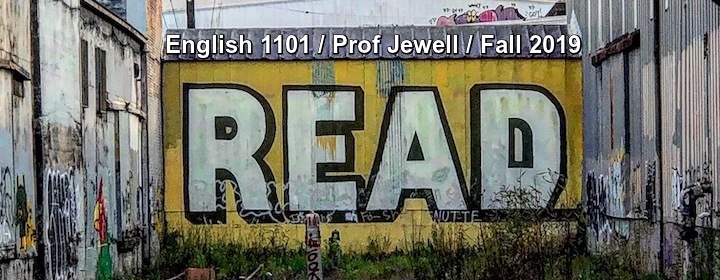4 December 2019
The human rights violations occurring in China aren’t being addressed by the Prime Minister of Pakistan. Pakistan is a neighboring country to China and they have been allies for quite some time. This however, should be no excuse to not call out the Chinese government. Rather, it is a great point of leverage from which to demand an end to the inhumane reeducation camps and senseless violence against the Uighur Muslims. The following is a letter to the Prime Minister of Pakistan, Imran Khan. I’ve chosen to write a letter because I’m aware of the likelihood of it being acknowledged as the Prime Minister’s office has been known to respond to the concerns of the people.
Dear Prime Minister Imran Khan,
You are the Prime Minister of Pakistan. You hold great power and have been utilizing it to do great things for Pakistan. This country is undoubtedly making progress in the form of reform, taxation, and alliances. The most interesting thing about you, however, is your incorporation of Islam into your campaign. Yet, you fail to address the genocide going on in China, one of your most diligent allies. There is no faith that would allow for complacency in the face of such unjustness.
In an interview with the Financial Times, you were questioned about your stance on the mass detention camps where Uighur muslims are being held. You failed to acknowledge the truth and you simply said, “I don’t know much about that.” This is a lie.
It’s no secret that Pakistan depends on China for diplomatic, military and economic support.
At the United Nations General Assembly you said that “China has come to help when we were right at the rock bottom.” You praised the Chinese government and all that they have done for Pakistan. Well now it is your turn to help China, by way of its most vulnerable communities and your brothers and sisters in Islam, the Uighurs. They have been beaten down to rock bottom, Mr. Prime Minister. Who will help them? As a Muslim yourself, how would you feel if your government forced you to disavow your values; to eat pork, to neglect your daily prayers, to know that military officals were “sharing beds” with your wife?
These are the kinds of horrific acts the Chinese government is inflicting on the Uighur Muslims. As you turn a blind eye to the tragedy occurring know that the world is watching, and more importantly, God is watching.
The people of Pakistan deserve to know the truth about where you stand.
Your Uighur brothers and sisters demand your attention.
It’s your call, Mr. Prime Minister.
Best Regards,
Shzeen Cheema
Works Cited
Chaudhury, Dipanjan Roy. “US Rebukes Pakistan for Being Mum on Plight of Uyghurs.” The Economic Times, Economic Times, 28 Sept. 2019, economictimes.indiatimes.com/news/international/world-news/why-pm-imran-khan-is-silent-about-chinas-treatment-of-uighur-muslims-us-to-pakistan/articleshow/71324644.cms?from=mdr.
“China’s Repression of Uighurs in Xinjiang.” Council on Foreign Relations, Council on Foreign Relations, www.cfr.org/backgrounder/chinas-repression-uighurs-xinjiang.
Dhume, Sadanand. “Opinion | Pakistan Gives a Pass to China’s Oppression of Muslims.” The Wall Street Journal, Dow Jones & Company, 3 Oct. 2019, www.wsj.com/articles/pakistan-gives-a-pass-to-chinas-oppression-of-muslims-11570142866.
“Imran Khan Called out for ‘Double Standard’, Ignoring Issues of Uighur Muslims.” Asia’s Premier News Agency – India News, Business & Political, National & International, Bollywood, Sports, 15 Sept. 2019, www.aninews.in/news/world/asia/imran-khan-called-out-for-double-standard-ignoring-issues-of-uighur-muslims20190916040001/.
Westcott, Ben. “Imran Khan Dodges Questions on Chinese Muslim Detentions.” CNN, Cable News Network, 29 Mar. 2019, www.cnn.com/2019/03/28/asia/imran-khan-china-uyghur-intl/index.html.
“World Uyghur Congress Slams Pakistan PM Imran Khan for His ‘Silence’ on Uyghur Muslims Issue in China.” Google, Google, www.google.com/amp/s/www.timesnownews.com/amp/international/article/world-uyghur-congress-slams-pakistan-pm-imran-khan-for-his-silence-on-uyghur-muslims-issue-in-china/489890.



